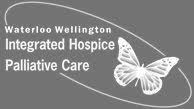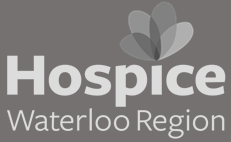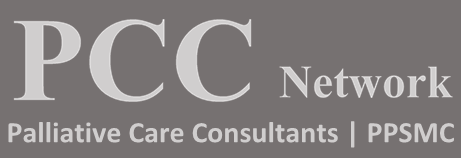Spiritual Care
We humbly acknowledge that the land on which the Waterloo Wellington Integrated Hospice Palliative Care Network serves is located on the ancestral and traditional lands of the Anishnawbe, Mississaugas of the Credit First Nation, Haudenosaunee, and Attawandaron Peoples
Tools for Providing Spiritual Care
There is more to being human than just our physical, cognitive, emotional, and social selves. While spirit may be less concretely understood than science and medicine, enough is known of its critical importance in human life. A hospice palliative care approach acknowledges that there is an integrated spiritual component to being a human being, and that tending to the spiritual needs and concerns of patients is an important part of caring for them fully and well.
A Whole-Person Takes Whole-Team Care
Spiritual care is to be provided by the whole care team. For those team members who do not have additional training in spiritual care, their roles include screening and assessing patients and their families receiving palliative care for spiritual care needs. Activities such as active listening, and therapeutic presence can also be means of providing spiritual care to patients and their loved ones, as well as communicating a patient’s wishes for spiritual care as part of their care plan and making appropriate referrals.
Spiritual Care Screening
The life changes that come with life-limiting illness and moving toward end of life can spark thoughts, experiences and concerns of spiritual significance for patients and their families. Due to the possibility of spiritual care issues arising, it is important that all healthcare providers maintain an awareness of and openness to these needs through regular screening. The Waterloo Wellington Screening for the Spiritual Needs of Palliative Patients and their Families and Caregivers is a useful resource.
Spiritual Care Assessment
One evidence-based spiritual assessment tool that can be used by clinicians to better understand a patient’s spiritual needs is the FICA. To learn how to use the FICA tool, we encourage you to watch this brief instructional video.
Spiritual Care Providers (SCP) as Part of the Team
Patients and their families may or may not have current connections with faith, cultural or religious communities which provide them with spiritual support. SCPs may go by many titles with a wide variation of training and backgrounds, including but not limited to spiritual care providers, chaplains, religious leaders, and cultural healers. They can provide important insights for other members of the healthcare team into the care of the patient and their family.
For patients and families requiring formal spiritual care support, we have a network of spiritual care providers working throughout Waterloo Wellington region supported by our local hospices.

Resources
Kitchener-Waterloo / Cambridge
Hospice Waterloo Region
519-743-4114 | intake@hospicewaterloo.ca
Guelph and Wellington County
Hospice Wellington
519-836-3921 | info@hospicewellington.org
Lisaard & Innisfree Hospice
519-208-5055
admin@lisaardandinnisfree.com
References:
1The GW Institute for Spirituality and Health (GWish), 2008.
2Puchalski, C.M., et al. (2009). Improving the quality of spiritual care as a dimension of palliative care: The report of the consensus conference. Journal of Palliative Medicine, 12(10), 885-904.
Download Tip of the Month
Pdf – Spiritual Care




